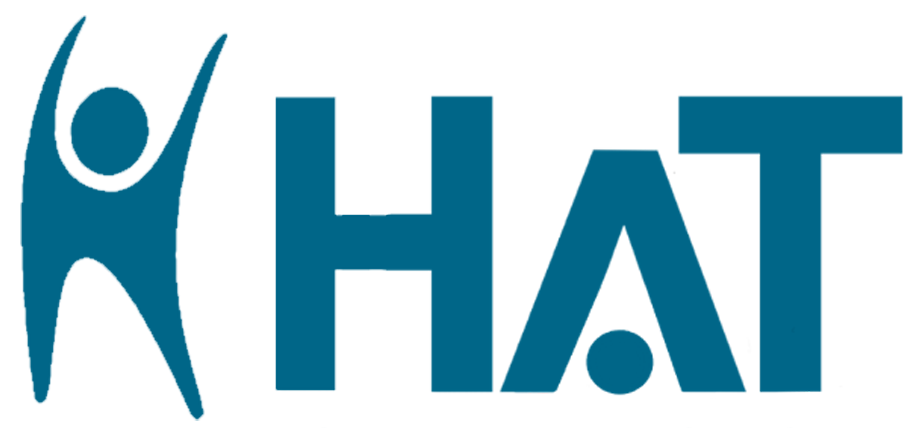Today’s presentation will be a virtual meeting.
Join Zoom Meeting https://us06web.zoom.us/j/971381033
“Medical Assistance in Dying (MAID) - An Open Discussion”
Presented by Ambrese Montagu
Is the current system open to abuse? Are there adequate safeguards in place?
Have we moved too quickly to expand the MAID provisions and who is eligible?
Have we moved too slowly, preventing access and prolonging the suffering of many?
In 2024, Quebec law was altered to allow for Advanced Requests for MAID that would apply to certain medical conditions with parameters set in advance by the patient. Should Canada’s MAID law be amended to mirror the Quebec law?
The current MAID Legislation in Canada
Here are articles that I think are important:
https://www.cbc.ca/news/canada-united-kingdom-medical-assistance-in-death-1.7392502
https://www.cbc.ca/news/canada/british-columbia/liberty-group-maid-1.7416929
https://www.dyingwithdignity.ca/blog/medical-assistance-in-dying-around-the-world/
An overview of the MAID situation in Canada thanks to ChatGPT:
Medical Assistance in Dying (MAID) in Canada is a legal medical service that allows eligible individuals to voluntarily end their lives with the assistance of a physician or nurse practitioner. The practice has evolved since its legalization in 2016, with significant legislative updates and ongoing public discourse.
MAID involves either:
A clinician directly administering a substance that causes death (clinician-administered MAID).Canada.ca
A clinician providing or prescribing a substance that the person self-administers to cause death (self-administered MAID).Canada.ca
Only physicians and nurse practitioners (where permitted by provincial or territorial regulations) can assess eligibility and provide MAID.
To qualify for MAID, an individual must:
Be at least 18 years old and mentally competent.Canada.ca
Be eligible for publicly funded health services in Canada.Department of Justice Canada+1CMPA+1
Make a voluntary request that is not the result of external pressure.CMPA+2Department of Justice Canada+2Canada.ca+2
Provide informed consent after being informed of all options, including palliative care.Canada.ca+1CMPA+1
Have a grievous and irremediable medical condition, which means:Department of Justice Canada+2Canada.ca+2CMPA+2
Having a serious and incurable illness, disease, or disability.Canada.ca+2CMPA+2Department of Justice Canada+2
Being in an advanced state of irreversible decline in capability.Canada.ca+2Department of Justice Canada+2CMPA+2
Experiencing enduring and intolerable physical or psychological suffering that cannot be alleviated under conditions acceptable to the person. Canada.ca+3Department of Justice Canada+3Canada.ca+3
Note: As of February 29, 2024, individuals whose sole underlying medical condition is a mental illness are not eligible for MAID until March 17, 2027. This extension allows more time to prepare for the safe and consistent assessment and provision of MAID in such cases. justice.canada.ca+4Department of Justice Canada+4Canada.ca+4
Safeguards
For individuals whose natural death is reasonably foreseeable:
A written request witnessed by one independent person.Canada.ca+2justice.canada.ca+2CMPA+2
Assessments by two independent medical or nurse practitioners.Wikipedia+3CMPA+3justice.canada.ca+3
Confirmation of consent immediately before MAID is provided (with some exceptions).Canada.ca+1justice.canada.ca+1
For individuals whose natural death is not reasonably foreseeable:
Additional safeguards, including:Canada.ca+5Canada.ca+5Canada.ca+5
One assessor must have expertise in the condition causing suffering.Canada.ca
The individual must be informed of all available means to relieve suffering, including counseling and support services.Canada.ca
A minimum 90-day assessment period (unless loss of capacity is imminent).Canada.ca
Confirmation of consent immediately before MAID is provided.
Statistics
In 2023, there were 15,343 reported MAID provisions in Canada, accounting for 4.7% of all deaths.Financial Times+2Wikipedia+2Canada.ca+2
Since legalization in 2016, over 60,000 Canadians have received MAID.
The average age of individuals at the time MAID was provided in 2023 was 77.6 years.Wikipedia+1CMPA+1
Common underlying conditions include cancer (63%), cardiovascular diseases (18.8%), respiratory diseases (13.2%), and neurological conditions (12.6%). Wikipedia
Legal and Ethical Considerations
The expansion of MAID to include individuals with non-terminal conditions has sparked ethical debates. Critics express concerns about the potential for vulnerable individuals to feel pressured and the adequacy of safeguards. Supporters argue that MAID respects personal autonomy and provides relief from suffering. The Canadian government continues to monitor and review MAID legislation to address these complex issues.
Here are articles that I think are important:
